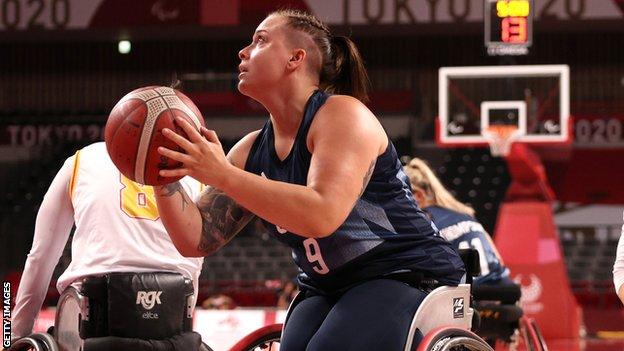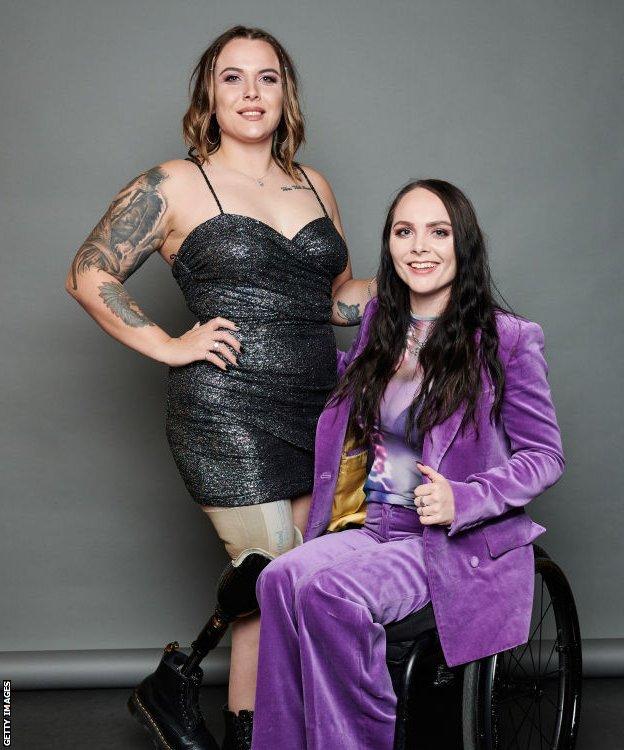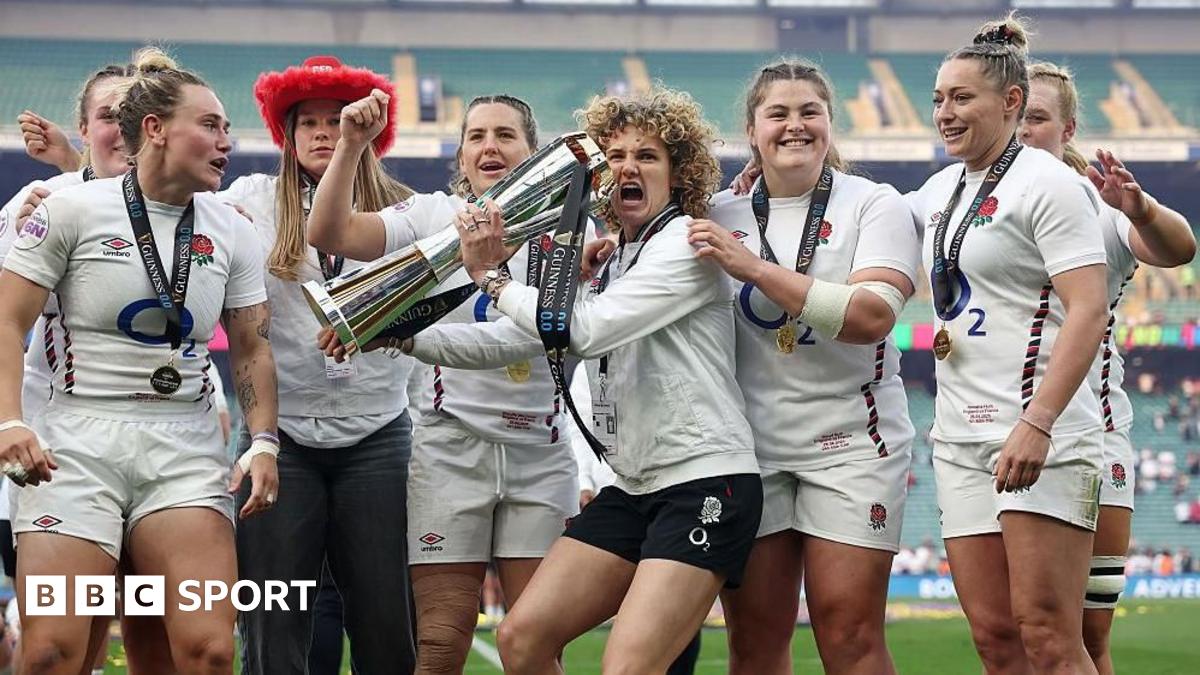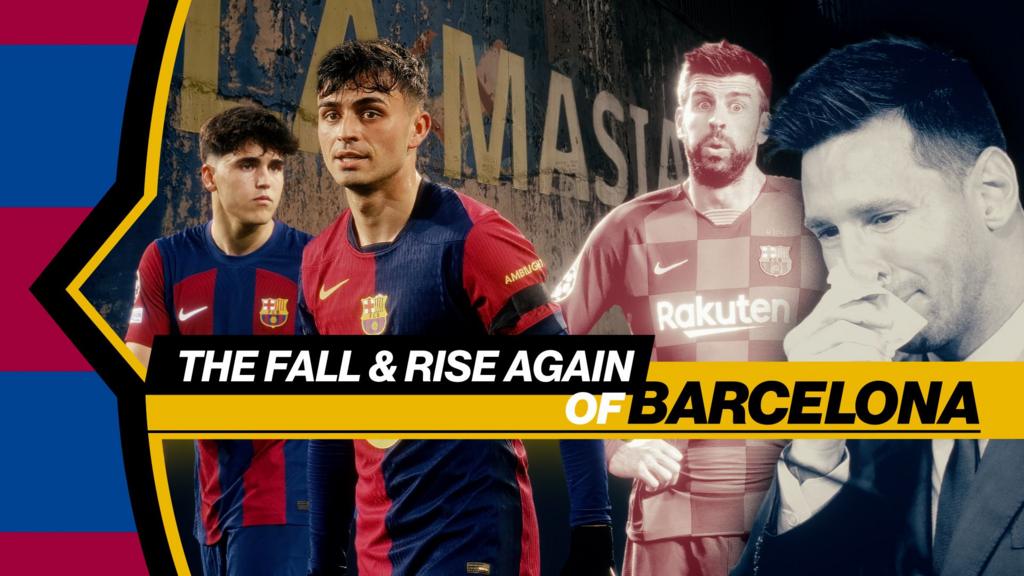ARTICLE AD BOX
 Tokyo was Jude Hamer's third Paralympics, but it was a disappointing tournament for GB
Tokyo was Jude Hamer's third Paralympics, but it was a disappointing tournament for GB| Dates: 22 January-14 May |
| Coverage: Watch selected games live on BBC iPlayer and online |
Great Britain wheelchair basketball player Jude Hamer had hoped 2022 would be a new start after a challenging 2021.
Last year, after a long wait, she was finally diagnosed with endometriosis - a painful condition in which cells like the ones in the lining of the womb grow elsewhere in the body.
On the court, GB had a disappointing Tokyo Paralympics, finishing seventh, before a promising European Championships was ended at the final hurdle for non-sporting reasons, with the team withdrawing from the final over Covid-19 concerns.
January promised a fresh start with a house move with partner and double Paralympic rowing champion Lauren Rowles, and the beginning of wheelchair basketball's much-anticipated Women's Premier League.
But while the house move has been safely negotiated and the league starts on Saturday with Loughborough Lightning taking on Worcester Warriors (13:00 GMT), Hamer will have to watch her Lightning team-mates from the sidelines after being ruled out of the opener having been concussed in training.
"I'm disappointed and it's a shame but hopefully I will be back in a few weeks, so I just have to be careful in the meantime," she told BBC Sport.
"We have been training together since September and I love working with the group. There are some players who I know through GB but also some new up and coming juniors and everyone works so hard, so it is very exciting."
The league, which is the first professional Para-sport league in the UK and the first of its kind for women's wheelchair basketball in the world, also includes Cardiff Met Archers and East London Phoenix.
All four teams, backed by support from the universities where they are based, will give female athletes a chance to combine studying and playing at a high level, and is something Hamer, who herself has a Masters degree in Pharmacology and Biotechnology, is proud to be part of.
"We've always been very fortunate in this country to have an established women's league but a professional Premier League is not something I thought would ever happen in my career," she says.
"There is no other league like this in the world, so it's exciting to create something so pioneering, especially in women's Para-sport.
"I love the challenge of playing alongside men but I know that for a lot of other girls, that isn't the right fit for them.
"This league gives young women and girls a chance to be in an environment where they'll be able to see people who look like them, and also get an education and think about what they might want to do next.
"I think what everybody wants in life is to find the group where they belong and fit in and where people look like them and are like them. If you can't see yourself in any situation, how can you aspire to be it? And that's what I find really exciting about this league."
Fitting in and visibility are just some of Hamer's passions. Born with one leg shorter than the other, she had her right leg amputated aged 16, and admits that the impact of her disability and her sexuality took her a long time to deal with. But now, aged 31, she has a different outlook.
"I didn't come out until I was 22 and it took me a long time to come to terms with that," she explains.
 Hamer and Rowles attended the Gay Times Honours 2021 event last year
Hamer and Rowles attended the Gay Times Honours 2021 event last year"Then there was a big point in my 20s where I didn't talk about being bisexual and I would talk about being gay, even to people I was dating, because there was so much backlash from being a bisexual person.
"I think being bisexual is still a little bit taboo and not really fully understood and it means different things for different people. But I don't feel like I should hide those parts about me to make other people happy or to not risk upsetting somebody else.
"I feel like if I'm open about what it means for me and I am showing myself as being comfortable with who I am, it will allow other people to feel they can be more openly themselves, which is very important.
"I'm lucky to have found the community that accepts me within the LGBT space that are very welcoming of me and who I am and my partner, and I think it just makes life a lot easier when the people around you are supportive - like my family were when I came out - and don't judge you.
"I think the older I've got, the more I've cared about what I think. I don't care what other people think about me. What I think, what my girlfriend thinks and what my family thinks are the only things that really matter to me.
"I'm now more comfortable with just being myself in a public space and not worrying about what people say. And if people are saying things about me I just don't read or listen because it's not their life."

 3 years ago
164
3 years ago
164








 English (US) ·
English (US) ·